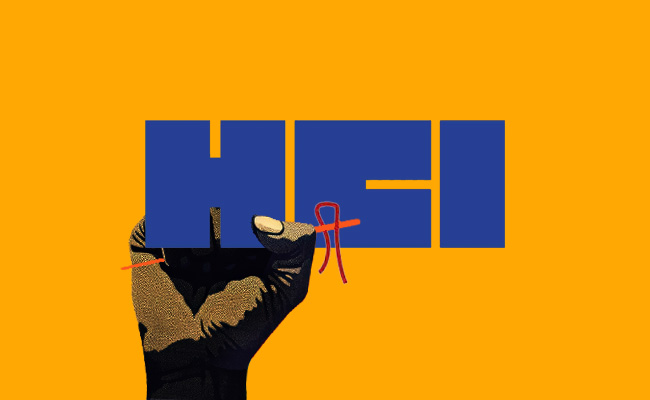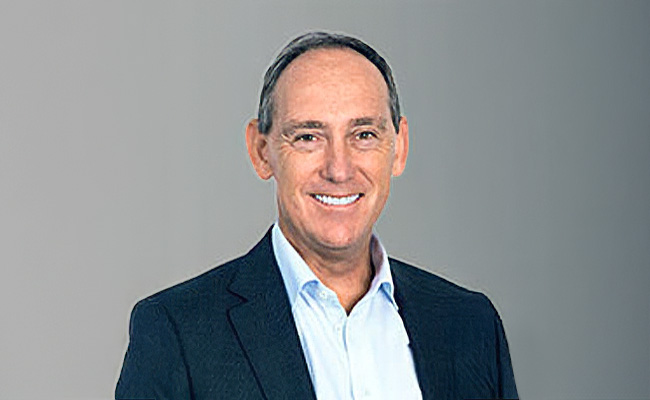What is it about retailers? They really do struggle with the concept of “independence”, or at least seem only to have a passing grasp of it when it comes to board directors. This is why the AGMs of retailers almost inevitably involve some or other long-winded attempt to justify the reappointment of decades-long-serving directors.
The worst of it is the insistence on continuing to tag these reappointees as “independent” year after year. All the while claiming to adhere to corporate governance recommendations.
This, of course, is down to King IV’s wishy-washy approach to independence. The King code defines independence as “the exercise of objective, unfettered judgment. When used as the measure by which to judge the appearance of independence, or to categorise a non-executive member of the governing body or its committees as independent, it means the absence of an interest, position, association or relationship which, when judged from the perspective of a reasonable and informed third party, is likely to influence unduly or cause bias in decision-making.”
To help boards deal with the interpretative challenges of this insipid definition, nine years is suggested as a possible cut-off for the “independent” moniker. But even that doesn’t seem to discourage some boards from contending their 15-year-plus veterans are independent – check out Truworths.
The good news is that not all shareholders are buying into the retailers’ rather flexible approach. At the recent Foschini Group (TFG) AGM, for example, three of the “independent” directors up for re-election to the audit committee received hefty “no” votes.
And at Mr Price’s latest AGM, 33% of shareholders voted against the reappointment of chair Nigel Payne. Payne, who is described as independent, was appointed to the board all the way back in 2007. He was due to retire this year but decided to put it off until 2027 because honorary chair and co-founder Stewart Cohen is leaving this year. How did they not see that coming? Why wait until the last minute to work around it?
So, Payne had to go for re-election. Evidently not everyone was thrilled.
Mark Bowman, the lead independent non-executive director, provided some comfort during the meeting by explaining an appointment system that has been running for the past five years. Each year one new non-executive director is appointed; s/he will be expected to remain on the board for about 10 years. “We don’t expect the same longevity challenges we’ve had from shareholders in the past,” Bowman assured the meeting.
Because it was listed in 2016 Dis-Chem has a while before it is faced with “longevity challenges”. But, with four of the nine non-executive directors on the board since the 2016 listing, it probably won’t be too long.
Holding directors to account
The three AGMs being rated here (Dis-Chem, Mr Price, TFG) didn’t score too well. Indeed, two of them (Dis-Chem and TFG) would not have survived a rigorous interpretation of the Company and Intellectual Property Commission (CIPC) guidelines, which set out the basics for conducting a legally compliant AGM. Nevertheless, they were all really well worth attending. That’s thanks in large part to activist shareholders like ESG Insight and Just Share, who come well prepared and leave few governance stones unturned as they interrogate various committee members on issues from remuneration to employment equity and the environment.
We all know corporate executives and directors spend a good chunk of their lives engaging with institutional investors behind closed doors. And we can all presume those engagements generate useful feedback for both sides, sufficient to ensure institutional investors don’t bother pitching up at AGMs.
It’s their loss.
An AGM is about much more than voting on resolutions. It’s an opportunity for ordinary shareholders to engage with the board and hold directors to account. It provides shareholders with a chance to check out the depth of talent at their company and see how directors respond under some pressure.
Most directors of publicly listed companies would prefer to avoid being held to account in a quasi-public forum, which is why they are so happy to hold any number of private engagements outside the AGM setting. It’s the same instinct that prompts so many directors to suggest to a shareholder determined to get an answer on some or other issue, that “we go offline and discuss the matter more fully after the meeting”. (Such was the response to Just Share’s efforts to get details on equity targets at the Dis-Chem AGM.)
While the three companies didn’t score particularly well, directors at each one put on commendable performances in their efforts to explain important parts of strategy to shareholders.
Rating the AGMs
Dis-Chem scores 10 out of a possible 20 points for holding a virtual-only meeting. It gets five out of five for ease of access and 10 out of 20 for the disappointing quality of its video feed.
Where it scored really badly was on the questions. The quality of the audio was so poor Dis-Chem only gets two out of a potential 10 for allowing shareholders to pose questions verbally and in writing. For the same reason it only gets three out of a possible 20 for the flow of questions. For much of the time there was no flow because shareholders could not be heard, which is in direct contravention of the CIPC guidelines. When shareholders could be heard, the directors provided extremely useful answers.
The meeting was terminated abruptly after voting had been completed, but while one of the shareholders was still seeking clarity on affirmative action, one of those prickly issues boards like to avoid. In all it had lasted 32 minutes.
Currency could not track down any minutes of previous AGMs.
So, that’s a grand total of 30 out of a possible 85 points.
Mr Price is celebrating its 40th birthday this year and, remarkably, is the youngest apparel/homeware retailer on the JSE. Of course it isn’t the youngest player in the South African market; that slot goes to Shein and Temu. Before them there was CottonOn, Zara and H&M.
The Durban-based retailer gets 20 out of 20 points for providing a hybrid option. It gets one out of five because it was extremely difficult to access the meeting (as a guest). The quality of video feed gets 18 out of 20. Shareholders were allowed to pose questions in writing and verbally and so it scores 10 out of 10.
For flow of questions Mr Price only scores five out of a possible 20 because the chair seemed intent on completing voting on the resolutions ahead of the Q&A session. “While the votes are being tallied, key directors and executives are available to answer questions,” Payne told the meeting, seemingly unaware that shareholders might want to hear the answers before voting.
It gets 10 points for ensuring the minutes of last year’s meeting were easily accessible and detailed for a total of 64 points for a meeting that lasted 51 minutes.
TFG scores 10 out of 20 for its virtual-only meeting and five out of five for ease of access. The video feed was dull and so only scores eight out of a possible 20.
Things went pear-shaped when it came to question time as only written questions were allowed, so that’s zero out of a possible 10. This restriction also affected the flow of questions and resulted in a score of just 10 out of a possible 20 points. (The questions and answers were generally excellent; shame about the restriction.)
Chair Michael Lewis explained to shareholders, in response to a question, that only allowing written questions was a better way to manage the meeting. “Rationing time this way is better than people having an opportunity to stand and ask questions that may take quite a long period of time,” said Lewis, adding: “Generally we have limited time in these sessions, and we want to ensure there’s time for all the questions.”
Lewis did not explain why the time was limited.
Perhaps next year instead of spending 22 minutes of the 48-minute meeting tediously reading out the resolutions he could take them as read and give shareholders an opportunity to ask questions.
Currency could not track down any minutes from last year’s meeting so TFG scores 33 out of a possible 85 points.
Sign up to Currency’s weekly newsletters to receive your own bulletin of weekday news and weekend treats. Register here.














